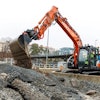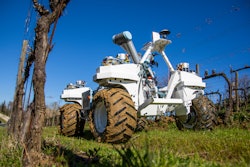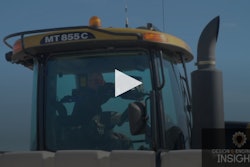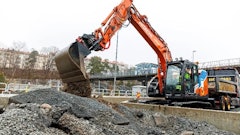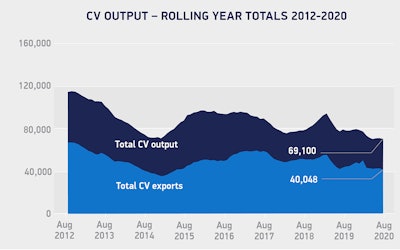
Like many parts of the world, the U.K. is continuing to see declines in production of major products manufactured in the region such as engines and commercial vehicles. The Society of Motor Manufacturers & Traders (SMMT) reports production for both of these products were down in August 2020.
Engine production in the U.K. fell by 35.1%, with at total of 106,398 engines produced reports SMMT. Year-to-date engine production is now down -35.2%. Production for domestic and overseas markets declined -36.9% and -34.1% respectively.
 Society of Motor Manufacturers & Traders (SMMT)
Society of Motor Manufacturers & Traders (SMMT)
Mike Hawes, SMMT Chief Executive, says, “These figures come at an extremely worrying time for the sector as it braces for a second wave of coronavirus. Further restrictions both here and in important export destinations will dent consumer and business confidence and inject yet more uncertainty into an already fragile market. Meanwhile the end of the Brexit transition period looms large and while [recent] announcements by the Chancellor are welcome, we urgently need a zero tariff deal agreed and in place by year end to safeguard skilled manufacturing jobs in this sector.”
Commercial vehicle production declined 11.5% with just 4,915 units produced. The decrease follows a particularly buoyant August 2019, when new model production boosted factory output, marking the best August since 2012.1
Production for the domestic market grew 22.3%, while demand from key markets such as Europe, the Americas and Asia fell, decreasing exports by -29.6% and bringing the overall share of vehicles built for overseas customers down to 51.8%.
While restrictions tighten both at home and abroad ahead of a second wave of the coronavirus pandemic, UK commercial vehicle production is yet to make up a shortfall of more than 9,000 units, with year-to-date performance now down by 20.0% year on year in the first 8 months.
 Society of Motor Manufacturers & Traders (SMMT)
Society of Motor Manufacturers & Traders (SMMT)
Hawes says, “Commercial vehicle manufacturers are facing multiple challenges as a second wave of coronavirus results in tighter restrictions on their own operations and those of their customers. We welcome [the] introduction of a job support scheme and await more detail on how it will work for these businesses that have been so reliant on the current furlough scheme. However, we also still need immediate measures for suffering bus and coach manufacturers and their supply chains as we head into a difficult winter with no long-term solution in sight for plummeting ridership numbers. More broadly, with the looming end to the Brexit transition period, the sector faces the prospect of even greater strain on its tentative restart.”
1. CV production in August 2019 – 5,544; CV production in August 2018 – 3,748.
